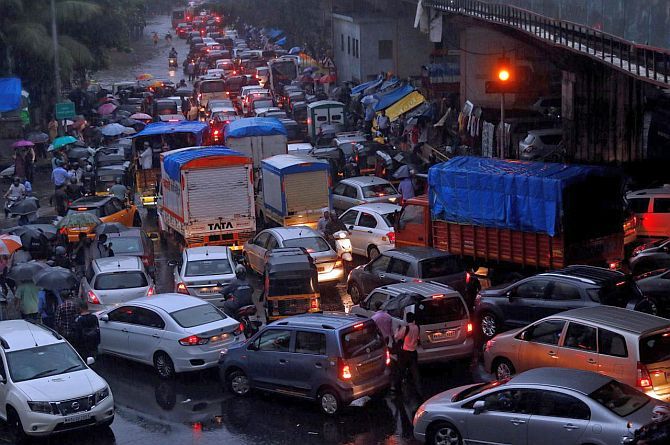Auto sales jump 13% in FY22

Supply chain constraints will keep plaguing automobile companies even though demand significantly improved resulting in a 13 per cent year-on-year (YoY) increase in sales in financial year 2021-22 (FY22).
Executives at auto firms fear that the Russia-Ukraine war will further dent the sector’s prospects of recovery as supply chains face more disruptions.
“The visibility in the supply side is so hazy that it is difficult to give even one quarter projection. But all the parameters of demand like pending bookings and enquiries are increasing.
“But due to supply constraints, pending deliveries are increasing, which is what we are looking to reduce,” said Shashank Srivastava, executive director – marketing and sales, at Maruti Suzuki.
While the country’s largest carmaker Maruti Suzuki’s domestic sales declined by 8.4 per cent in March, it made up for that shortfall through exports, which jumped 128 per cent YoY to 26,496 units.
Sales of Hyundai, the second largest carmaker, declined 14 per cent YoY in March to 55,287 units.
Tata Motors, however, turned a corner with a significant 28 per cent increase in sales.
“Despite the shortage of certain electronic components, we posted the highest ever quarterly sales of 123,051, a growth of 47 per cent vs Q4FY21.
“We ended the financial year with the highest ever monthly sales of 42,293 units (in passenger vehicles), a growth of 43 per cent (YoY) and highest ever SUV sales of 29,559 units,” said Shailesh Chandra, managing director, Tata Motors passenger vehicles.
The company’s sales of electronic vehicles (EVs) shot up 353 per cent YoY.
“Our annual EV sales touched 19,106 units, a growth of 353 per cent. Quarterly sales of EV were highest at 9,095 units, a growth of 432 per cent vs Q4FY21 and EV sales for March was also the highest at 3,357 units, a growth of 377 per cent.
“Going forward, semiconductor situation remains uncertain.
“We will continue to monitor the evolving situation closely and are refining our agile, multi-pronged approach to continue to fulfil customer orders,” Chandra said.
Rural decline
However, it wasn’t all good news as rural sales remained a concern, reflected in the muted growth of tractor and two-wheeler sales.
Total tractor sales for Mahindra and Mahindra fell 4 per cent while TVS Motors saw sales drop by 4.5 per cent.
Hemant Sikka, president of the farm equipment sector, Mahindra & Mahindra, said record Kharif acreage, “substantial increase in exports of agricultural products like wheat, sugar and cotton will help improve the financial position of farmers, leading to better cash flow in the rural market to help boost tractor demand”.
Experts said the outlook for FY23 is dependent on the Russia-Ukraine conflict as it may continue to impact the global auto supply chain.
“FY23 holds cautious optimism for the auto sector.
“It is expected that improvement in the economic index will give a push to demand, further improving two-wheeler sales.
“With the stabilisation of the semiconductor supply chain and reduction in oil prices, domestic sales could reach pre-Covid levels,” said Saket Mehra, partner and auto sector leader, Grant Thornton Bharat.
Source: Read Full Article

